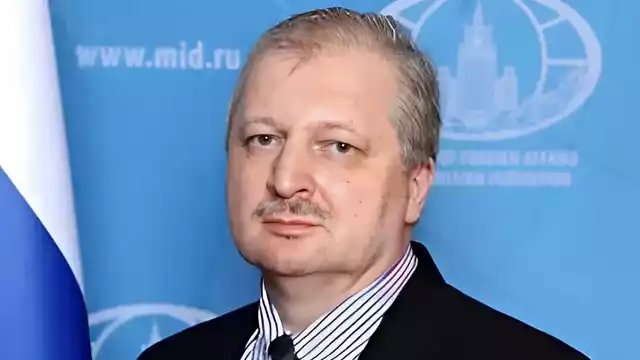Volkswagen is slashing car production at its plant in Kaluga in face of a weakening ruble and declining real wages, a German industry magazine reported on Sunday.
Volkswagen is set to lower production at Kaluga to 120,000 vehicles this year, compared with the 150,000 originally planned, Automobilwoche reported, without citing sources.
The Kaluga plant manufactures the Volkswagen Polo and Tiguan models as well as the Skoda Fabia and Octavia.
A Volkswagen spokesman declined to comment on figures the magazine's report but said the company was temporarily reducing production volumes at Kaluga due to the economic situation in Russia, with a 10-day shutdown due to start on Sept. 8.
"Nevertheless Volkswagen Group is fully committed to the Russian market and is consecutively fulfilling its investment program in Russia," the spokesman added, pointing out that a new body shop opened at Kaluga this year and that engine production in Kaluga and a new depot in near Moscow will start operating in 2015.
Automobilwoche also cited Opel's board member responsible for sales, Peter Christian Kuespert, as expressing worries about Russia, one of Opel's biggest markets in Europe, compounded by Moscow's intervention in Ukraine.
"There is no doubt that the situation in Russia is a concern. The market has shrunk substantially over the past few months and the Ukraine crisis has added to the uncertainty," Kuespert told the magazine.
Auto parts suppliers are also seeing declining orders and are putting off investment plans in Russia, the magazine added.
Foreign carmakers have invested at least $5 billion in setting up local production in Russia since the mid-2000s. The government encouraged the trend by raising import duties on cars and lowering tariffs on parts.
Besides Volkswagen, U.S. automaker Ford Motor Co, France's Renault SA, Japan's Toyota Motor Corp and South Korea's Hyundai Motor Co are among those which produce locally.
Russia's top car maker AvtoVAZ said in August it planned to cut production of its Lada cars in the coming months due to the falling Russian market.
A Message from The Moscow Times:
Dear readers,
We are facing unprecedented challenges. Russia's Prosecutor General's Office has designated The Moscow Times as an "undesirable" organization, criminalizing our work and putting our staff at risk of prosecution. This follows our earlier unjust labeling as a "foreign agent."
These actions are direct attempts to silence independent journalism in Russia. The authorities claim our work "discredits the decisions of the Russian leadership." We see things differently: we strive to provide accurate, unbiased reporting on Russia.
We, the journalists of The Moscow Times, refuse to be silenced. But to continue our work, we need your help.
Your support, no matter how small, makes a world of difference. If you can, please support us monthly starting from just $2. It's quick to set up, and every contribution makes a significant impact.
By supporting The Moscow Times, you're defending open, independent journalism in the face of repression. Thank you for standing with us.
Remind me later.






